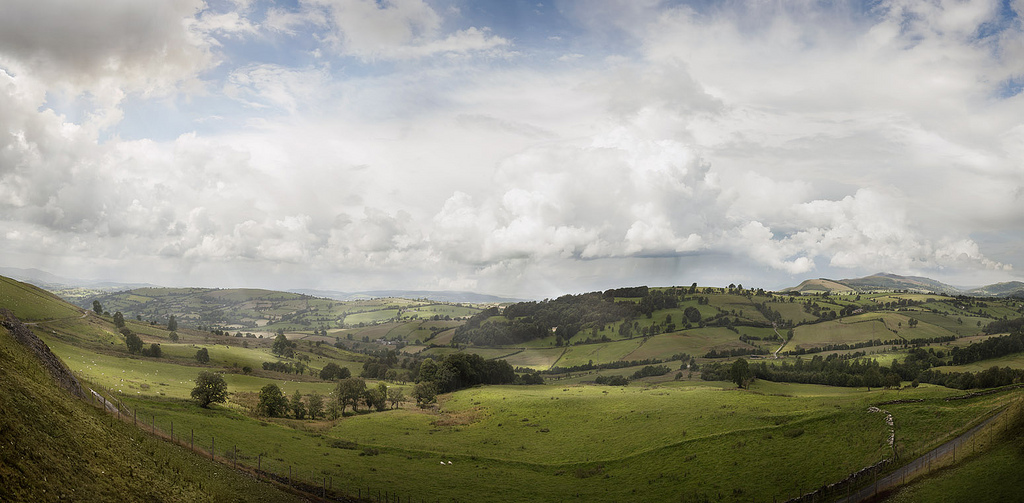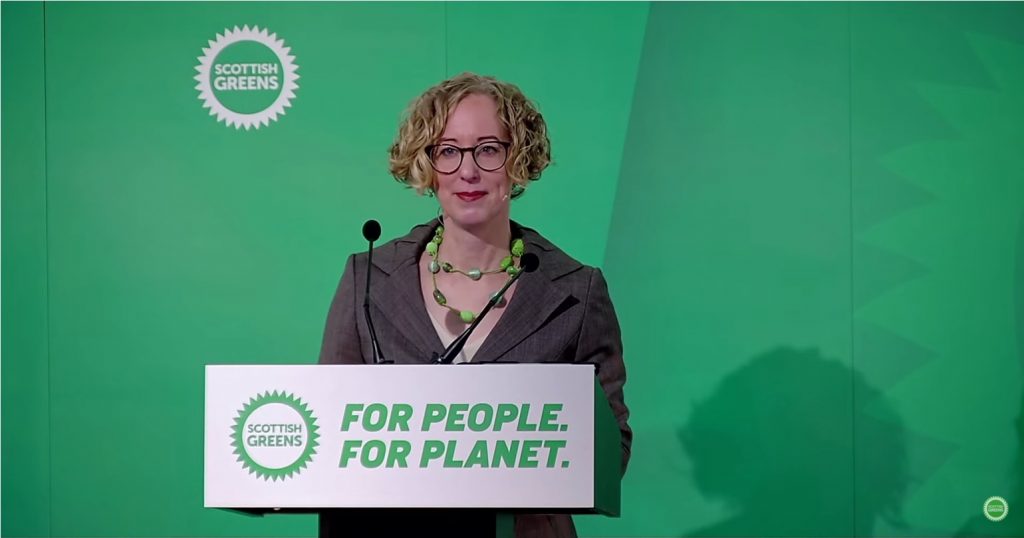Political engagement in the UK: Starting a conversation
- Part of Bright Green’s new political engagement series
As a species we face truly existential threats. The creeping financialisation of western economies is dampening innovation and progress whilst shackling the poorest to a continued material assault in the form of austerity. Global inequality is through the roof, allowing a handful to live in extraordinary exuberance and wield incredible power whilst many are condemned to a life of poverty and squalor. And climate change, the greatest threat of all, is no longer a matter of academic debate: for many it is a fact of life, destroying homes, livelihoods and even loved ones. Now, more than ever it seems, we need engaged and active citizens ready to fight for the solutions to these threats.
Yet it is rare today to see a sentence containing the word ‘democracy’ that does not also contain the word ‘crisis’, ‘deficit’ or indeed the ever-suspicious quotation marks. We’re told that people are ‘put off’ by politics, that we’ve ‘lost trust’ in politicians and that we feel that nothing will change, no matter who is in power. Some blame scandal-ridden politicians, others focus on systemic problems with our constitution or political culture, whilst others still lambast ‘lazy’ and ‘apathetic’ non-voters.
But what is actually going on with political engagement in the UK today? Are we all voting less, or just some of us? Are protests increasing? Are trade unions and political parties becoming irrelevant? And do we know why we are seeing the political trends we are: what drives some to occupy a building or run for parliament, whilst others refuse to even talk about politics?
Bright Green is putting together a series of articles looking into political engagement that aims to answer just these questions. We’ll have pieces that attempt to describe the changing trends in political engagement we’re seeing in the UK, others that try to explain it and others still that attempt to answer the question of how politics could be doing better. What mistakes have successive governments made? How can activists and grassroots organisations inspire more people to join? And what might the future of politics in the UK be shaping up to look like? Let’s start with a bit of an overview.
Political engagement in the UK today
Since a peak in the 1950’s voter turnout in the UK has been in overall gradual decline, dropping from a high of 82.6% in 1951 to a low of 59.4% in 2001, followed by modest recoveries in recent years to around the 66% mark in both 2010 and 2015. The most pronounced period of decline was when turnout fell by almost a fifth between the 1992 and the 2001 general elections, with turnout dropping from 77% to just shy of 60% in less than a decade. This has risen slightly in recent years to around 66%- still historically low.
This isn’t a decline being felt evenly either: if you’re poor, young or from an ethnic minority you’re much less likely to vote than the rest of the population, and if you’re from a certain part of the country (say, Northern Ireland) you’re less likely to as well. This gulf between turnouts rates is widening too, with only 3% less 18-24-year olds turning out to vote in 1997, compared with a difference of over 20% in 2015.
Turnout in other elections is even worse– on average only around a third of the UK votes in European Parliamentary elections (still well below a falling EU average) and local elections. Referendums can be a bit of a mixed bag, with the most recent one seeing a relatively good 72% and the Scottish Indy ref enjoying an astronomical 82%, yet the AV referendum slumped in the low 40’s, and the Welsh referendum on gaining a national assembly only inspired half the Welsh electorate to turnout.
The traditional bastions of mass action in industrial democracies, trade unions and political parties, haven’t had a good few decades either: party membership started falling in the early 50’s and trade unions started to decline in the late 70’s. The party membership drop has been reversed somewhat in recent months with the rise of previously fringe parties like the Greens, UKIP and the SNP and with the influx of members to Corbyn’s Labour, but historically numbers are still low.
Yet from a global outlook research has concluded that ‘informal’ political actions since 2008 are much more prevalent than at any time since the 1970’s and that the type of informal action has changed too. Strikes are now much less common, but ‘disruptions’ and ‘blockades’ have grown more frequent, as well as a growing amount of activities merely described as ‘other’- a sign of growing creativity and innovation when it comes to protest. Sadly not all of these protests are here to stay: a wave of occupations rocked the world in the wake of the financial crisis but since 2012 the movement has begun to fizzle out.
New outlets for engagement have arisen in recent years too, with opinion mixed on the impact these have. The research on social media’s impacts on activism is divided, but generally falls into three camps: the ‘slaktivists’, the ‘paradigm shifters’ and the ‘facilitators’ who see social media activism as either egotistical and ineffective, completely transformative of both politics and society or simply a useful tool to aid traditional activism respectively. Many commentators, ranging from journalist Paul Mason to one of George Bush’s former aides, have attributed a key role to Twitter and the like in facilitating the wave of protests that erupted after the financial crisis, including the Occupy movement, the Arab Spring and anti-austerity protests in Spain, Greece and the UK.
It’s clear from the above that political engagement today is a nuanced affair. ‘Formal’ means of engaging in the political system seem to be in decline, yet not for everyone and with some resurgence in more recent years. Informal protests, to greater and lesser degrees, have increased in recent years, yet other forms of mass mobilisation, like trade union action, have not been so fortunate. It is the hope of this series of articles to start a conversation that begins to explore and explain some of these patterns, as well as offer suggestions as to how we can change the ones we don’t like, and build upon the ones we do.
Ultimately, political engagement is absolutely vital to a vibrant and healthy democracy, yet it rarely gets much than a soundbite mention around election time. We face huge, existential threats, and the only way to solve them is by having an active and engaged citizenry ready to challenge corruption and complacency. It is the duty of all of those involved in politics to be constantly asking ‘where are we failing?’ and ‘how can we do better?’ At Bright Green we believe it is important we play a part in helping answer those questions, so watch out for the coming articles in this series. Let’s have a conversation that empowers and transforms.
If you would be interested in contributing to this article series on political engagement please email allsopbradley@gmail.com with an article pitch.





Great series!